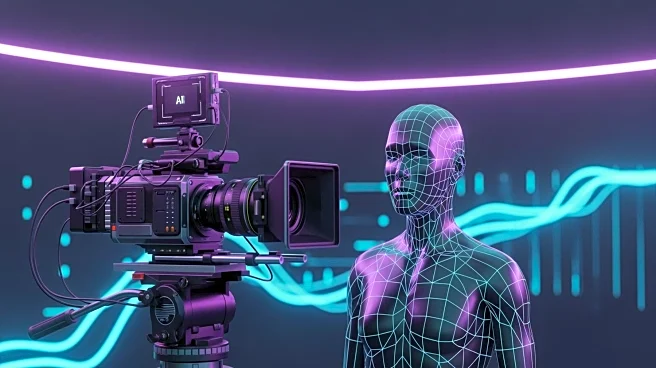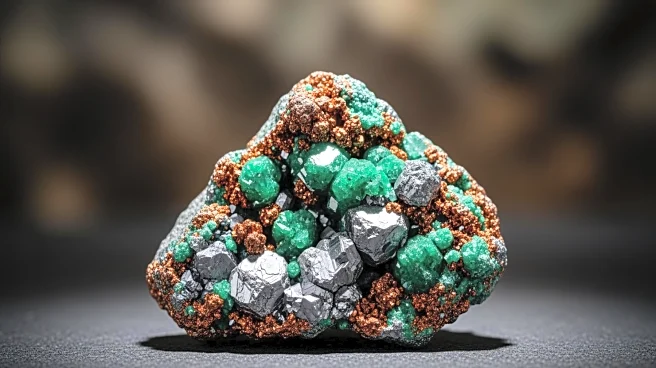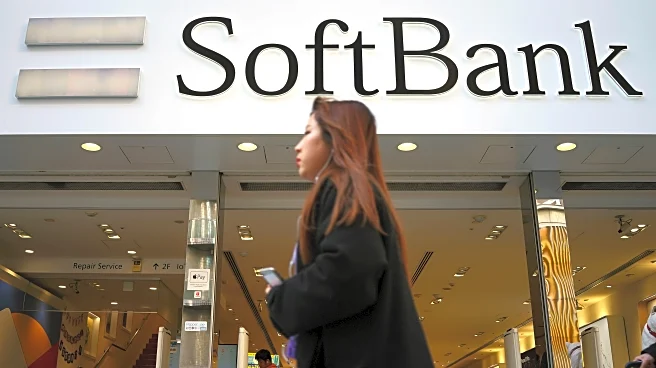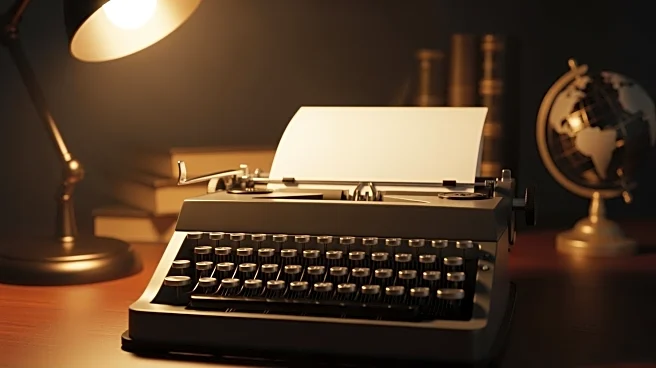What's Happening?
Hollywood is increasingly integrating artificial intelligence (AI) into its production processes, with a focus on digital likeness and film production. The Creative Artists Agency (CAA) has developed the
CAAVault, a system that captures 3D and 4D images of clients to create digital clones for future use. This technology allows actors to appear in various media without being physically present. Additionally, companies like Deep Voodoo are using AI to create realistic visual effects, such as de-aging actors or transforming their appearances without extensive makeup. The use of AI in Hollywood has sparked debates about the implications for human actors, with unions like SAG-AFTRA expressing concerns over the potential replacement of human skills.
Why It's Important?
The adoption of AI in Hollywood could significantly impact the film industry by reducing production costs and time. It offers new opportunities for content creation, allowing for more complex and visually stunning projects. However, it also raises ethical and legal questions about the rights of actors over their digital likenesses and the potential loss of jobs for makeup artists and other crew members. The technology's ability to create lifelike digital avatars could redefine the role of actors and challenge traditional notions of performance. As AI becomes more prevalent, the industry must navigate these challenges to ensure fair compensation and recognition for human talent.
What's Next?
As AI technology continues to evolve, Hollywood studios and unions are likely to engage in negotiations to address the rights and compensation of actors whose digital likenesses are used. The industry may also see the development of new roles and job opportunities related to AI technology. Studios will need to balance the benefits of AI with the preservation of human artistry and creativity. The ongoing dialogue between stakeholders will shape the future of AI in entertainment, potentially leading to new regulations and standards for its use.
Beyond the Headlines
The integration of AI in Hollywood could lead to broader cultural shifts in how audiences perceive and engage with media. As digital avatars become more common, viewers may need to adjust their expectations of authenticity and performance. The technology also poses questions about the preservation of cultural heritage and the representation of historical figures in media. As AI-generated content becomes more sophisticated, it may challenge traditional storytelling methods and open new avenues for creative expression.










